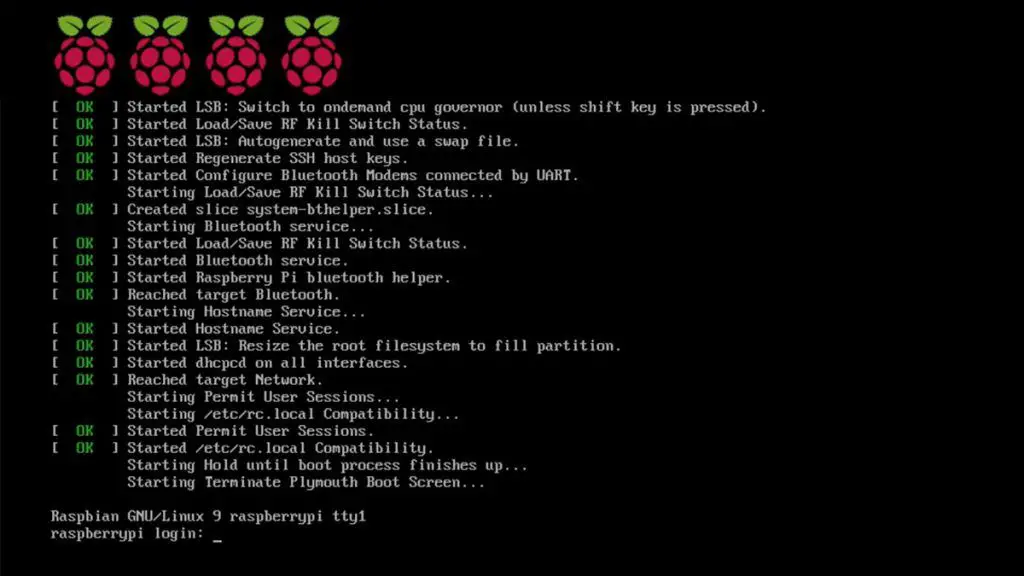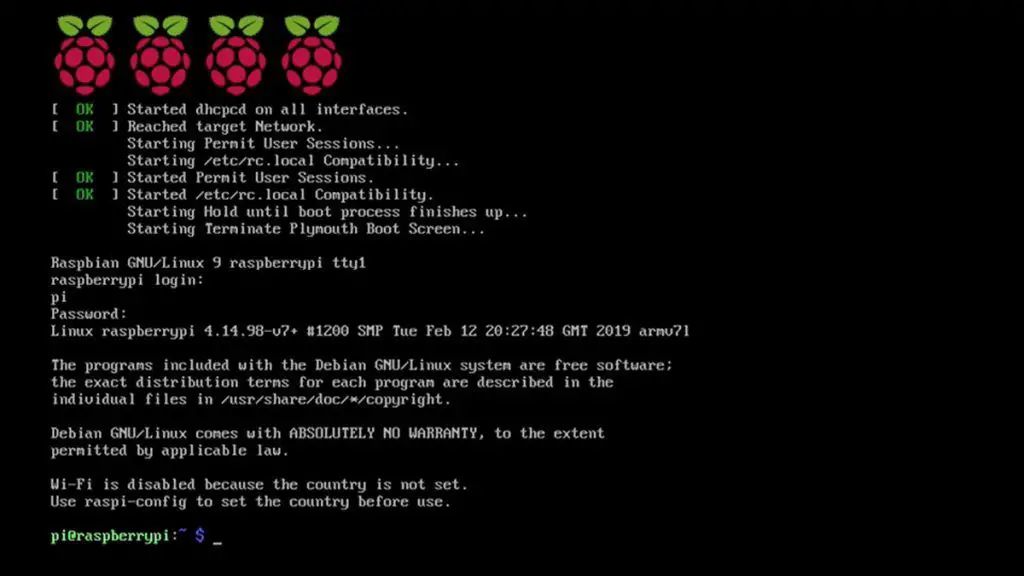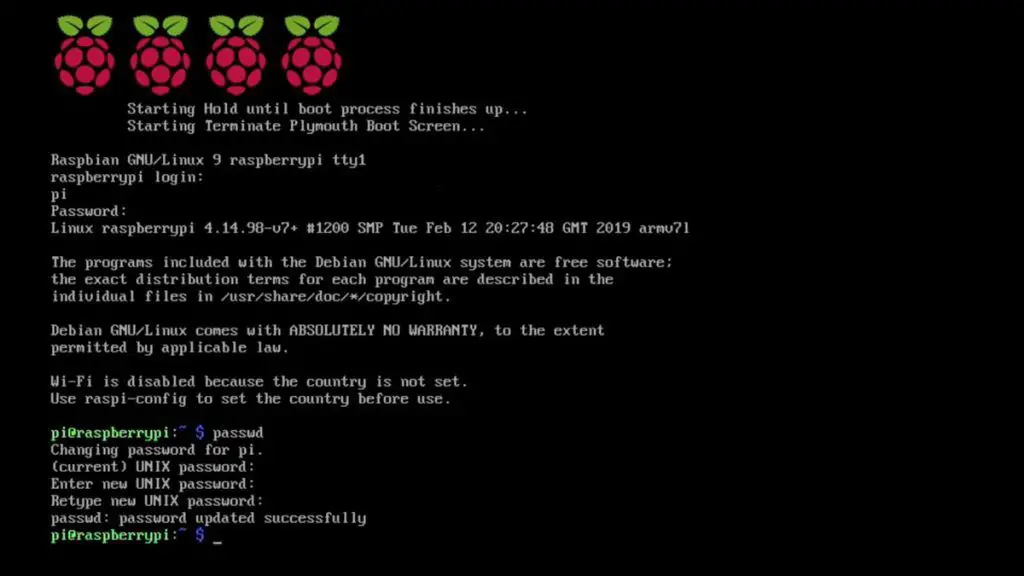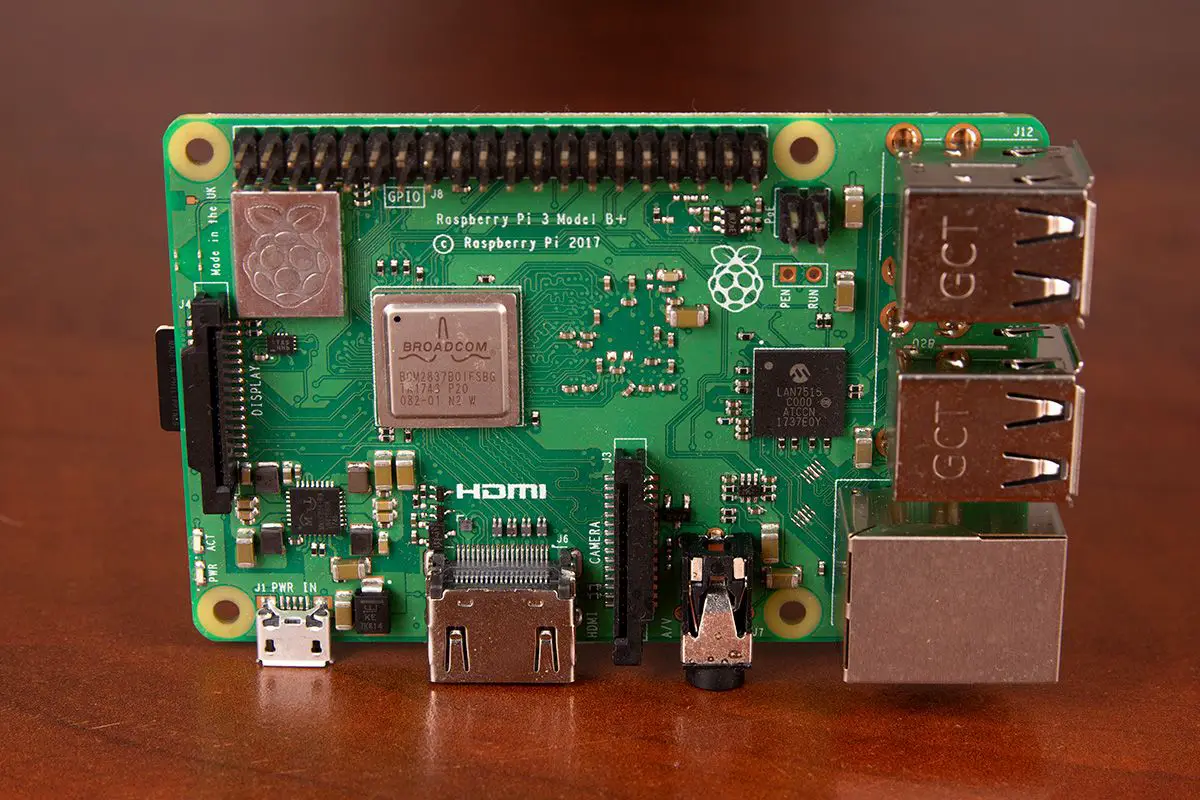When you start a fresh installation on your Raspberry Pi, it is always recommended to change your password straight away. You want to do this because there are bots on the internet actively searching for default usernames and passwords. Once they have access to your device, it becomes apart of their botnet. So, let’s change your default user password on the Raspberry Pi right now!
In this Raspberry Pi Guide, we will be using the Raspbian Lite operating system. However, if you can get to the Terminal in your particular operating system, then this tutorial will work for you too! In this guide, Raspbian Lite was written to the micro sd card using this simple Etcher guide for writing Raspberry Pi images.
HARDWARE LIST
- Raspberry Pi
- Micro SD Card
- USB Keyboard
- USB Mouse (Optional)
- HDMI Cable
- Ehternet Cable or USB WiFi Adapter
- USB Micro SD Card Reader
- Raspberry Pi Case (Optional)
SOFTWARE LIST
- Raspbian Lite Image
- Etcher (Windows, Mac or Linux)
Logging in with Default User Credentials

Starting up Raspbian Lite, you will be required to enter a username and password. The default username is:
piThe default password for Raspbian Lite is:
raspberry
Now you will see that you are logged in to the terminal screen and we can now change the default password.
Changing the Default Raspberry Pi Password
Changing the default password from the terminal is very simple. To start, we need to use the passwd tool.
passwd
You will first see the prompt for (current) UNIX password where you will need to enter the default user password raspberry
Next, you will need to Enter a new UNIX password and then Retype your new password, pressing ENTER to update Raspbian Lite with a new default user password.
Final Thoughts
Changing the default password on Raspbian Lite isn’t too hard.
- Login to Raspbian Lite using the username pi and the password raspberry
- Enter the command passwd
- Enter your current password which should be raspberry
- Enter your new password and then re-type the new password
Now you have changed your default user password; internet bots won’t be able to gain control during their random sweeps. Your Raspberry Pi is now a little more secure!



